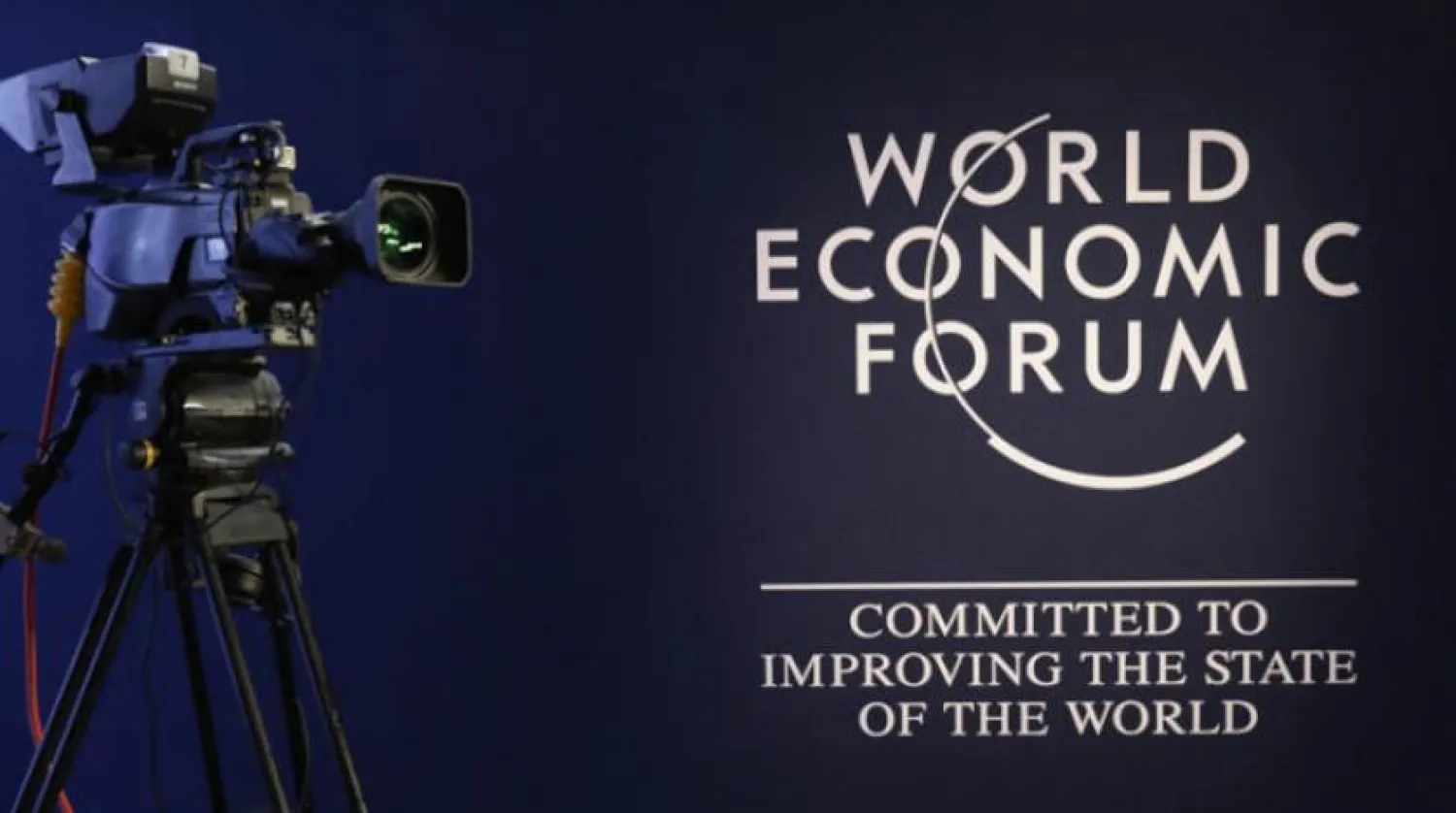The World Economic Forum on the Middle East and North Africa kicked off in the Dead Sea on Saturday, in the presence of more than 1,000 government, business, and civil society leaders from over 50 countries.
Held under the slogan of “Building New Platforms for Cooperation,” the meeting will discuss economic, technical, financial and social challenges associated with the Fourth Industrial Revolution.
Jordan’s King Abdullah II will launch the two-day forum, which will see on its first day addresses by Palestinian President Mahmoud Abbas and UN Secretary-General Antonio Guterres.
Mirek Dusek, Deputy Head of Centre for Geopolitical and Regional Affairs and Member of the Executive Committee at the WEF, said the forum would focus on four transformational imperatives: Shaping a new economic and social model for the region; promoting environmental stewardship in the Arab world; finding common ground in a multi-conceptual world; and embracing the Fourth Industrial Revolution in the Arab world.
In remarks to Asharq Al-Awsat, Dusek stressed that one of the Forum’s main concerns was to “enable countries to participate in keeping up with our technological era in a proactive way, enabling positive social, economic and political outcomes.”
“For this reason, over the last few years, the Forum has worked through our Regional Business Council in the Middle East and North Africa with private sector leaders to prepare young people for future jobs. We have received commitments from companies to rehabilitate and modernize the skills of more than one million people,” he noted.
He added that the region had good opportunities to contribute to shaping the future of the Fourth Industrial Revolution.
Dusek underlined the importance of collaboration with Saudi Arabia in this regard. He said the WEF was proud to work with various stakeholders in Saudi Arabia and was currently looking into a number of areas of cooperation, given the overall nature of the reform efforts currently underway in the Kingdom.









